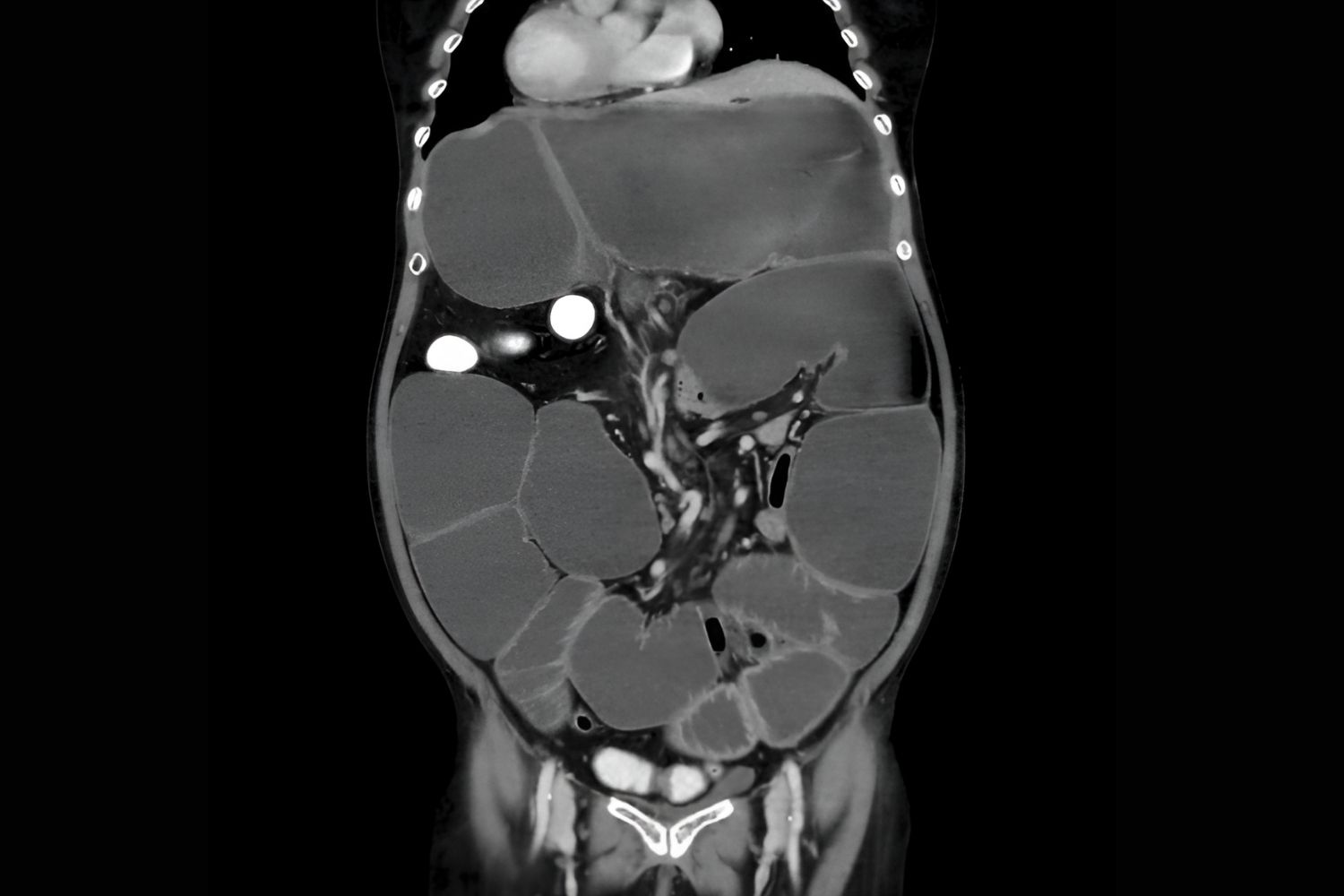
Familial Visceral Myopathy is a rare genetic disorder affecting the smooth muscles of internal organs, primarily the gastrointestinal tract. This condition leads to severe digestive problems, including chronic constipation, abdominal pain, and difficulty swallowing. Symptoms often appear in childhood or early adulthood, making daily life challenging for those affected. The disorder is inherited in an autosomal dominant pattern, meaning a single copy of the altered gene can cause the condition. Diagnosis typically involves a combination of genetic testing, imaging studies, and biopsies. While there is no cure, treatments focus on managing symptoms and improving quality of life. Understanding this condition can help families and healthcare providers offer better support and care.
Key Takeaways:
- Familial Visceral Myopathy (FVM) is a rare genetic disorder affecting the intestines, causing symptoms like constipation and abdominal pain. Genetic testing and imaging studies are crucial for diagnosis.
- Managing FVM involves medications, lifestyle changes, and surgical interventions to alleviate symptoms and complications. Nutritional support and pain management are also essential for improving the quality of life.
What is Familial Visceral Myopathy?
Familial Visceral Myopathy (FVM) is a rare genetic disorder affecting the smooth muscles of internal organs. This condition can lead to severe complications, impacting daily life. Here are some intriguing facts about FVM.
- FVM primarily affects the gastrointestinal tract, causing symptoms like abdominal pain, bloating, and constipation.
- The disorder is inherited in an autosomal dominant manner, meaning only one copy of the mutated gene is needed for a person to be affected.
- Symptoms often appear in early adulthood but can manifest at any age.
- FVM can lead to severe complications such as bowel obstruction and perforation.
- Diagnosis typically involves genetic testing, imaging studies, and biopsies of affected tissues.
Genetic Basis of Familial Visceral Myopathy
Understanding the genetic underpinnings of FVM is crucial for diagnosis and potential treatments. Here are some key genetic facts.
- Mutations in the ACTG2 gene are commonly associated with FVM.
- The ACTG2 gene encodes gamma-2 actin, a protein crucial for smooth muscle function.
- Not all cases of FVM are linked to ACTG2 mutations; other genetic factors may also play a role.
- Genetic counseling is recommended for families affected by FVM to understand inheritance patterns and risks.
- Research is ongoing to identify other genetic mutations that may contribute to FVM.
Symptoms and Complications
FVM presents with a variety of symptoms, some of which can be quite severe. Here are some important facts about the symptoms and complications.
- Chronic constipation is one of the most common symptoms of FVM.
- Patients may experience severe abdominal pain due to muscle dysfunction in the intestines.
- Bloating and distension are frequent complaints among those with FVM.
- In severe cases, FVM can lead to malnutrition due to poor absorption of nutrients.
- Bowel obstructions caused by FVM can require surgical intervention.
Diagnosis and Testing
Diagnosing FVM can be challenging due to its rarity and the overlap of symptoms with other conditions. Here are some facts about the diagnostic process.
- A thorough medical history and physical examination are the first steps in diagnosing FVM.
- Imaging studies like X-rays, CT scans, and MRIs can help visualize abnormalities in the intestines.
- Manometry tests measure the pressure and contractions of the gastrointestinal muscles.
- Biopsies of the intestinal wall can reveal characteristic changes in the smooth muscle tissue.
- Genetic testing can confirm the diagnosis by identifying mutations in the ACTG2 gene.
Treatment and Management
Managing FVM requires a multidisciplinary approach to address the various symptoms and complications. Here are some facts about treatment and management strategies.
- There is no cure for FVM, but symptoms can be managed with medications and lifestyle changes.
- Laxatives and prokinetic agents can help alleviate constipation and improve bowel movements.
- Pain management is crucial for improving the quality of life in FVM patients.
- Nutritional support, including dietary modifications and supplements, can help prevent malnutrition.
- In severe cases, surgical interventions may be necessary to relieve bowel obstructions or repair perforations.
Final Thoughts on Familial Visceral Myopathy
Familial Visceral Myopathy (FVM) is a rare genetic disorder affecting the smooth muscles of the gastrointestinal tract. Understanding its symptoms, causes, and treatment options can help those affected manage their condition better. Key symptoms include chronic abdominal pain, bloating, and severe constipation. Genetic mutations, particularly in the ACTG2 gene, play a significant role in FVM.
Early diagnosis is crucial for effective management. Treatment often involves a combination of dietary changes, medications, and sometimes surgery. Genetic counseling can provide valuable insights for families dealing with FVM.
Raising awareness about FVM can lead to better support and resources for those affected. If you or someone you know shows symptoms, consult a healthcare professional for proper diagnosis and treatment. Knowledge is power, and staying informed can make a significant difference in managing this challenging condition.
Frequently Asked Questions
Was this page helpful?
Our commitment to delivering trustworthy and engaging content is at the heart of what we do. Each fact on our site is contributed by real users like you, bringing a wealth of diverse insights and information. To ensure the highest standards of accuracy and reliability, our dedicated editors meticulously review each submission. This process guarantees that the facts we share are not only fascinating but also credible. Trust in our commitment to quality and authenticity as you explore and learn with us.
